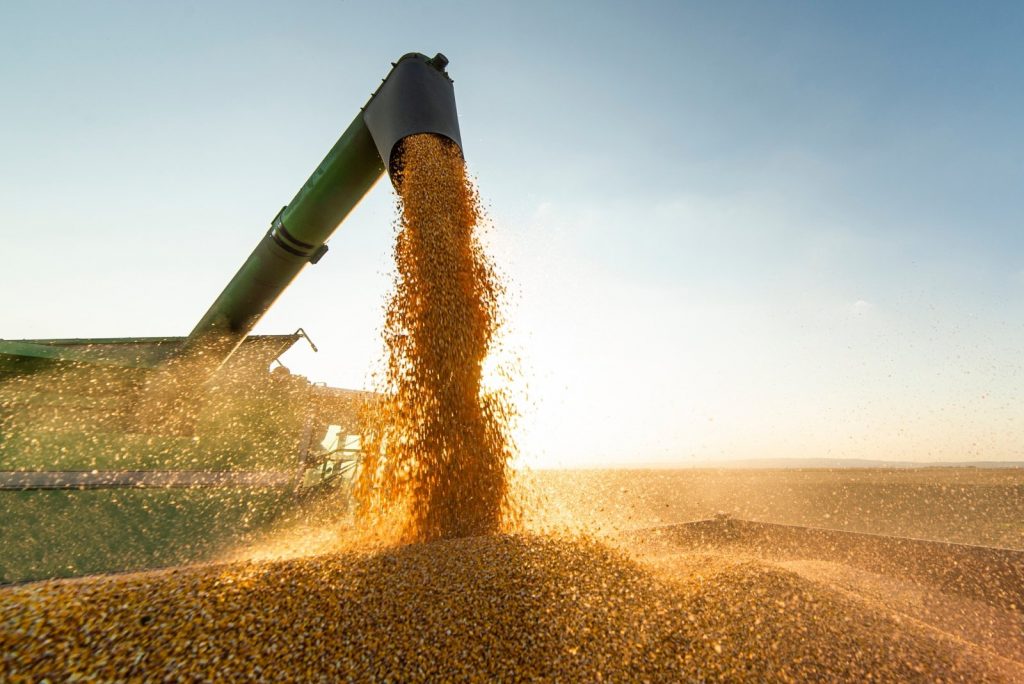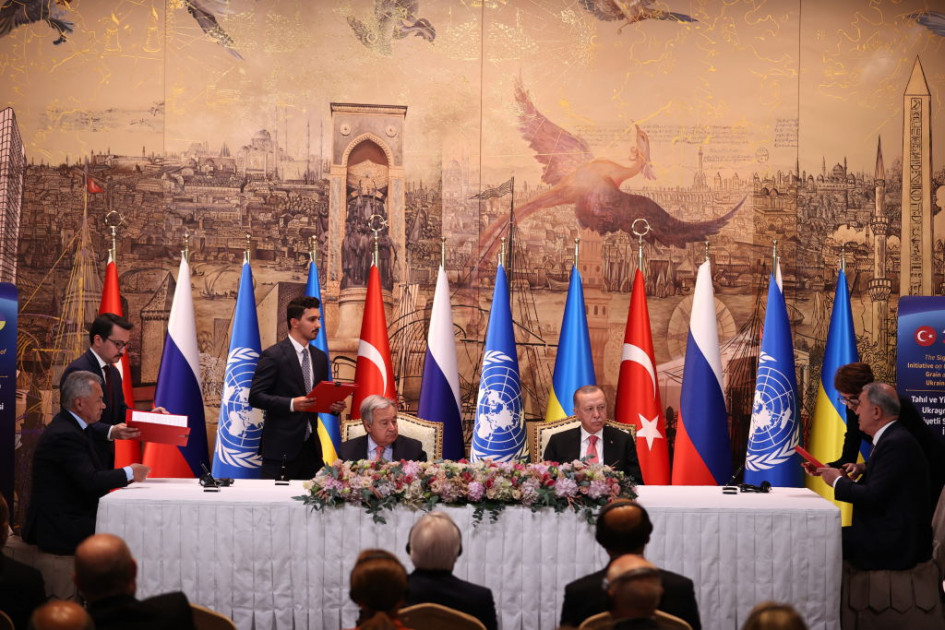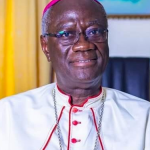After months of uncertainty due to the Russia/Ukraine war, the marine industry is about to experience significant recovery.

The transport of millions of tonnes of critically needed grains and fertilizer across the Black Sea has been made possible thanks to separate agreements that Russia and Ukraine concluded last Friday (July 22) with Turkey and the United Nations. In exchange, a humanitarian maritime corridor will be created, enabling ships to export vital grain and food cargoes from Ukraine.
A military impasse that jeopardized global food security has been resolved in the long-awaited agreement. After several weeks of talks, the deal was finally signed in Istanbul, Turkey. 22 million tonnes of grain and other agricultural products that have been trapped in Black Sea ports as a result of Russia’s invasion can now be exported from Ukraine, one of the major breadbaskets of the globe, thanks to the UN plan.
For the many poor individuals who have experienced sharp hikes in food prices, Antonio Guterres, the UN Secretary-General, called the initiative “a beacon of hope.” That this was a global accord should be clear to all, he argued. The most vulnerable individuals on the verge of famine, he claimed, as well as developing nations on the verge of bankruptcy, would both benefit.
Additionally, it would contribute to the stabilization of world food prices, which had already reached record highs even before the conflict and were a real nightmare for developing nations. In particular, the agreement we recently struck paves the way for sizable exports of commercial food from Odesa, Chernomorsk, and Yuzhny, three important Ukrainian ports on the Black Sea.
The UN Secretary-General said, “The dispatch of grain and food supplies into global markets would assist close the gap in the supply of food around the world and ease pressure on high prices. The war has hindered supplies of Russian goods since shipping and insurance firms did not want to deal with Russia, although UN sanctions against Russia did not target food exports.
The “Black Sea Initiative,” according to Mr. Guterres, cleared the way for major commercial food exports from three important Ukrainian ports: Odesa, Chernomorsk, and Yuzhny. According to the agreement, a joint coordination center managed by the UN will be established in Istanbul and manned by representatives of Turkey, Russia, and Ukraine. The center will be in charge of managing the plan and will schedule the arrival and departure of cargo ships.
If demining is necessary to make the shipping channels secure, a minesweeper from another nation might clear the approaches to Ukrainian ports. Kitack Lim, the Secretary-General of the International Maritime Organization (IMO), who was present at the signing ceremony on Friday, July 22, in Istanbul, expressed his satisfaction with the agreement’s passage, which will permit the shipping of imported goods through the Black Sea.
According to IMO Secretary-General Lim, “This agreement would not have been feasible without the spirit of cooperation displayed by the participating countries and the leadership shown by UN Secretary-General António Guterres in initiating this proposal. I am delighted that all parties have come to an understanding regarding the best course of action for ships to safely transport much-needed grain and other goods via the Black Sea.
He claimed that notwithstanding the conflict, the safety of ships and seafarers remained the IMO’s primary priority. He said that the agreement for safe and secure commerce via the Black Sea was supported by the IMO instruments, notably the International Ship and Port Facilities Security (ISPS) Code. He said, “I congratulate the efforts of all parties, particularly the IMO member States – Russian Federation, Turkey, and Ukraine.
President of South Africa, Cyril Ramaphosa, praised the agreement and said that it had taken far too long on behalf of African leaders whose nations import food and fertilizer from Russia and Ukraine. A major supplier of wheat, corn, and sunflower oil, Ukraine has seen its exports of these commodities blocked by Russia’s invasion of the nation and naval blockade of its ports.
A small amount of Ukrainian grain is being shipped via Europe through train, road, and river, but the cost of essential goods like wheat and barley has skyrocketed since the start of the conflict. Liz Truss, the Foreign Secretary of the United Kingdom (UK), commended the UN and Turkey for mediating the accord.
Russia will be under our watchful eye to ensure that its words and acts are consistent. The Russian President needs to end the conflict in Ukraine and leave, she said, to foster a long-lasting restoration of economic and global security stability.














